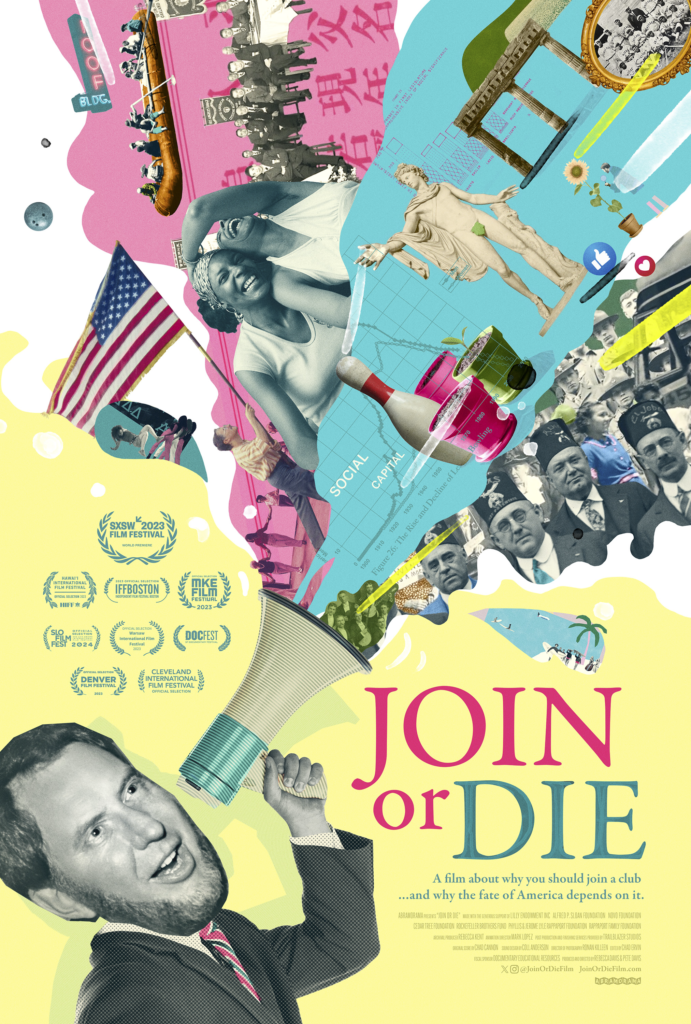A Summer of Civics: 10 Simple Ways to Stay Engaged
Civic engagement doesn’t take the summer off—and neither do the individuals who care deeply about strengthening democracy.
In a recent blog, “A Summer of Civics”, we share a list of 10 simple ways to stay involved, connected, and civically active this season—beyond the ballot box and the classroom. Whether it’s organizing a neighborhood potluck, supporting a local artist, or attending a town hall, each action reinforces the civic fabric of our communities.
You already support the work of the O’Connor Institute. Now we invite you to take the next step: model the civic spirit we strive to foster.


Here are just a few ways to get started:
- Visit a local history museum or civic landmark
- Start a neighborhood book club
- Write a letter to the editor
- Attend a city council or school board meeting
- Help someone register to vote
These everyday actions help inspire others—and remind us all that democracy depends on participation at every level.
Keep the Conversation Going: Civil Discourse in Action
Looking for another meaningful way to engage this summer? Civil discourse is at the heart of a healthy democracy—and it’s precisely what our Public Square series is designed to promote.
Did you know that joining a club can extend your lifespan? Our latest discussion, “Join or Die: How Clubs Can Strengthen Community and Democracy,” examined the crucial importance of revitalizing civic engagement and trust in an increasingly fragmented society. Featuring insights from film director Rebecca Davis and national experts on community and democratic renewal, the conversation reminded us that the strength of our nation depends on the strength of our relationships.
Following our Public Square virtual discussion, our Flash Poll revealed that an astonishing 59% of participants are likely to become more civically engaged in their community.
If you missed it, you can still be part of the dialogue:
Watch the conversation here.
Watch or listen to our podcast with the directors of the “Join or Die” documentary.
These are more than just conversations—they're opportunities to reflect, learn, and take steps toward more meaningful civic connection in our everyday lives.
Because civil discourse starts with listening. And leads to action.
Planning a Historic Evening: A Visit to the LBJ Presidential Library
As the O’Connor Institute prepares for this year’s highly anticipated annual History Dinner, Co-Chairs Robyn & Mike DeBell and Cindy & Mike Watts traveled to the LBJ Presidential Library in Austin, Texas—a visit that deepened their understanding of one of America’s most consequential presidents and the transformative decade he helped shape. They also had the opportunity to speak with Mark Upgrove, President and CEO of the LBJ Foundation, who will be the distinguished moderator for this year's event.
This year’s theme, “Dinner with LBJ and the 1960s,” will spotlight a period of sweeping social and political change—from civil rights and education reform to the Great Society and the Vietnam War. Exploring the library’s archives, exhibitions, and historical resources provided the committee with vital context and inspiration to bring this pivotal chapter in American history to life.
The visit was more than research—it was a reminder of the importance of preserving and telling these stories, and of connecting history to the conversations we need today.
We invite you to be part of this powerful evening of reflection, learning, and civil dialogue with our featured guest, Pulitzer Prize-winning author Doris Kearns Goodwin, and distinguished moderator Mark Updegrove, President and CEO of the LBJ Foundation.

Reading this on the web? Be the first to know about program and event news via email. Register for The Citizen and receive news straight to your inbox.

